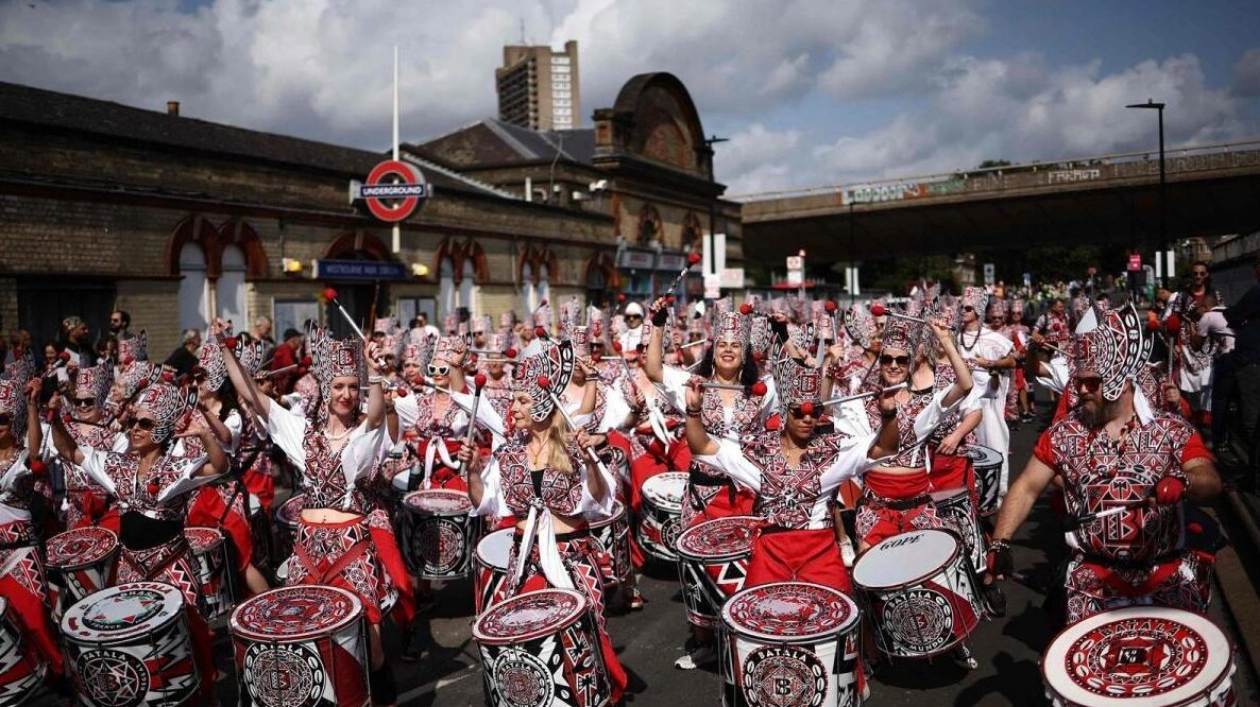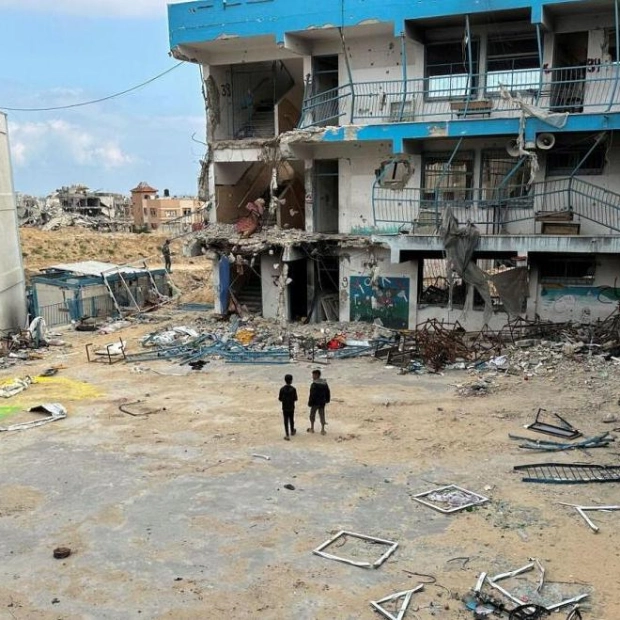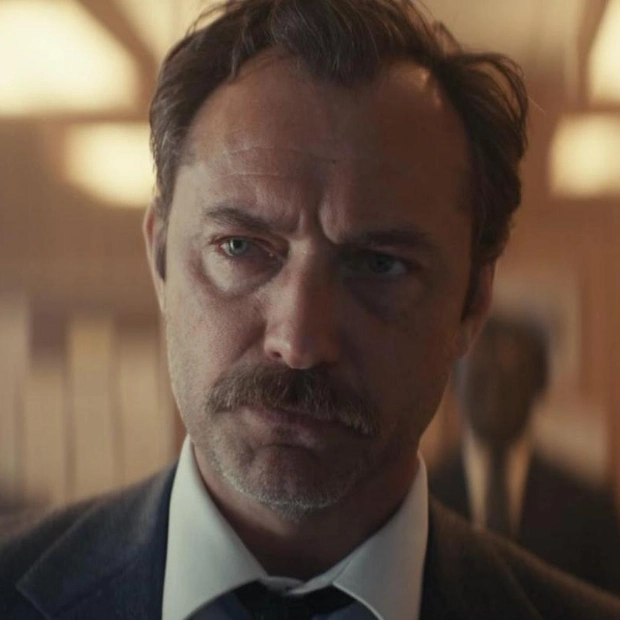In 1959, Trinidadian activist Claudia Jones organized a Caribbean carnival in London in response to race riots, laying the foundation for what has become one of the world's largest street parties. Revelers in Notting Hill on Monday emphasized the continued relevance of Jones' message of unity. The carnival, now in its 56th edition, took place on Sunday and Monday, attracting one million attendees to the streets of west London to celebrate the city's diversity and its Caribbean community. This event follows a series of far-right, racist attacks in England in late July, fueled by false online information about the suspected killer of three young girls in a knife attack in Southport, northwest England.
The carnival has its origins in the hundreds of thousands of Caribbean migrants, known as the "Windrush" generation, who arrived in Britain between 1948 and 1971 to aid in the post-World War Two reconstruction. Their arrival was marked by racial tensions and unfair treatment of Black people, culminating in riots in 1958, including in the London district of Notting Hill, where many Caribbean migrants resided at the time. "Notting Hill Carnival was born in response to racist riots," stated the Runnymede Trust, a race equality think tank. "These events, and the divisive rhetoric that fueled them, feel painfully relevant today."
Over the years, the indoor event initiated by Jones has evolved into the vibrant celebration it is today. For some carnival-goers, the recent riots underscored the importance of celebrating the city's multiculturalism and the contributions of generations of migrants and their descendants to British society. Jocelyn Kuyaziwma, 28, who lives in Wales but traveled to London to join one of the carnival's oldest masquerade bands, Mangrove Mas, believes the recent riots highlight the ongoing importance of the celebration.
"I feel like it is a step in the right direction in terms of what I would like Britain to be on a daily basis," she said. "Everyone comes together. You see people from different countries just flocking together on the streets." Nicola Joseph, 39, whose father is from Trinidad and Tobago, has been attending Carnival since she was a child. She is also a member of Mangrove Mas, and believes the costumes, food, and music unite people.
Monday's celebrations included trucks adorned with colorful material, carrying bands and sound systems playing soca and reggae songs, surrounded by people in vibrant festival costumes. Many attendees waved flags of Caribbean nations. Matthew Phillip, the chief executive of Notting Hill carnival, described the event as Britain's largest celebration of inclusion - "of the things we have in common, rather than focusing on our differences." London police deployed around 7,000 officers at the event, noting that a minority viewed it as an opportunity to commit crime. Three people were stabbed on Sunday, including a 32-year-old woman in critical condition, and two men aged 29 and 24. Ninety people were arrested, and 15 officers were assaulted, according to police.






